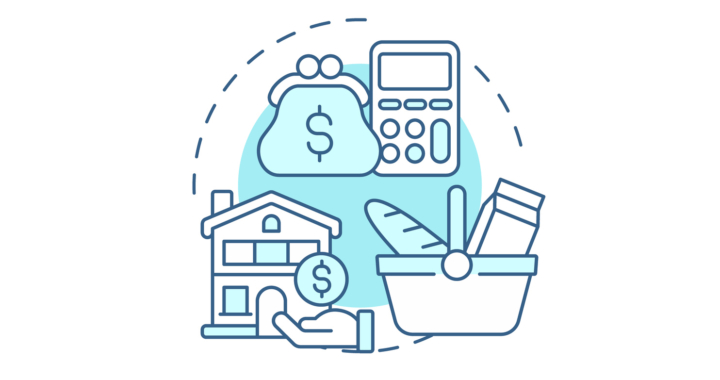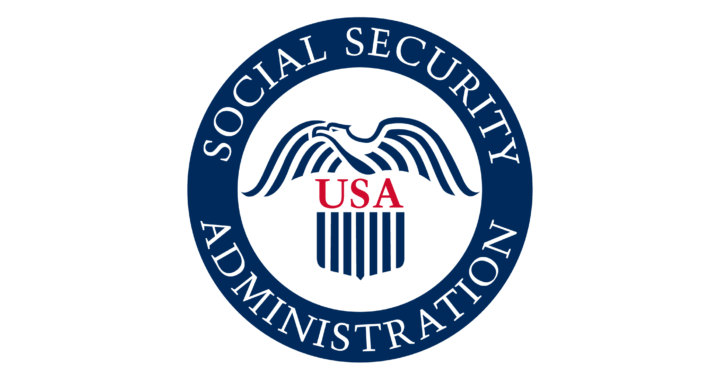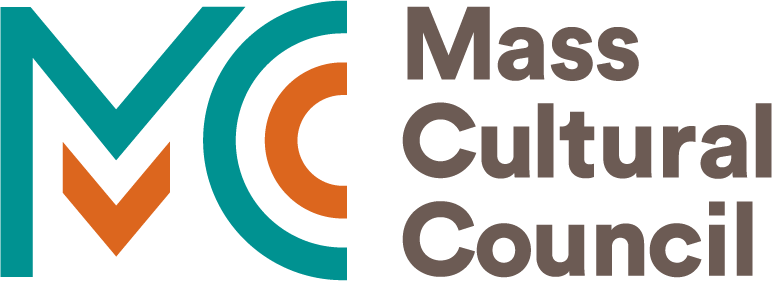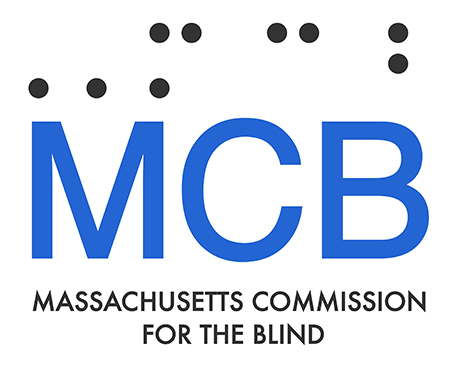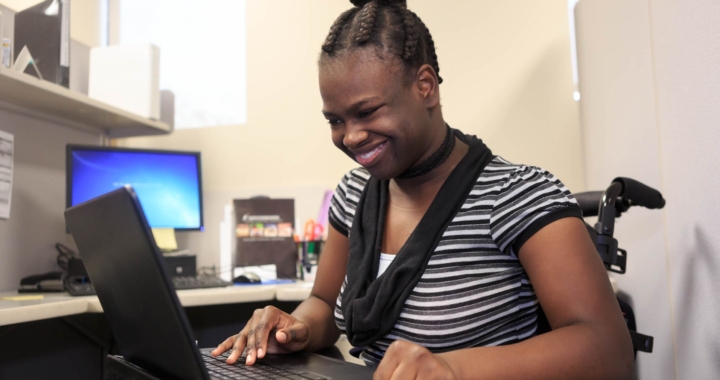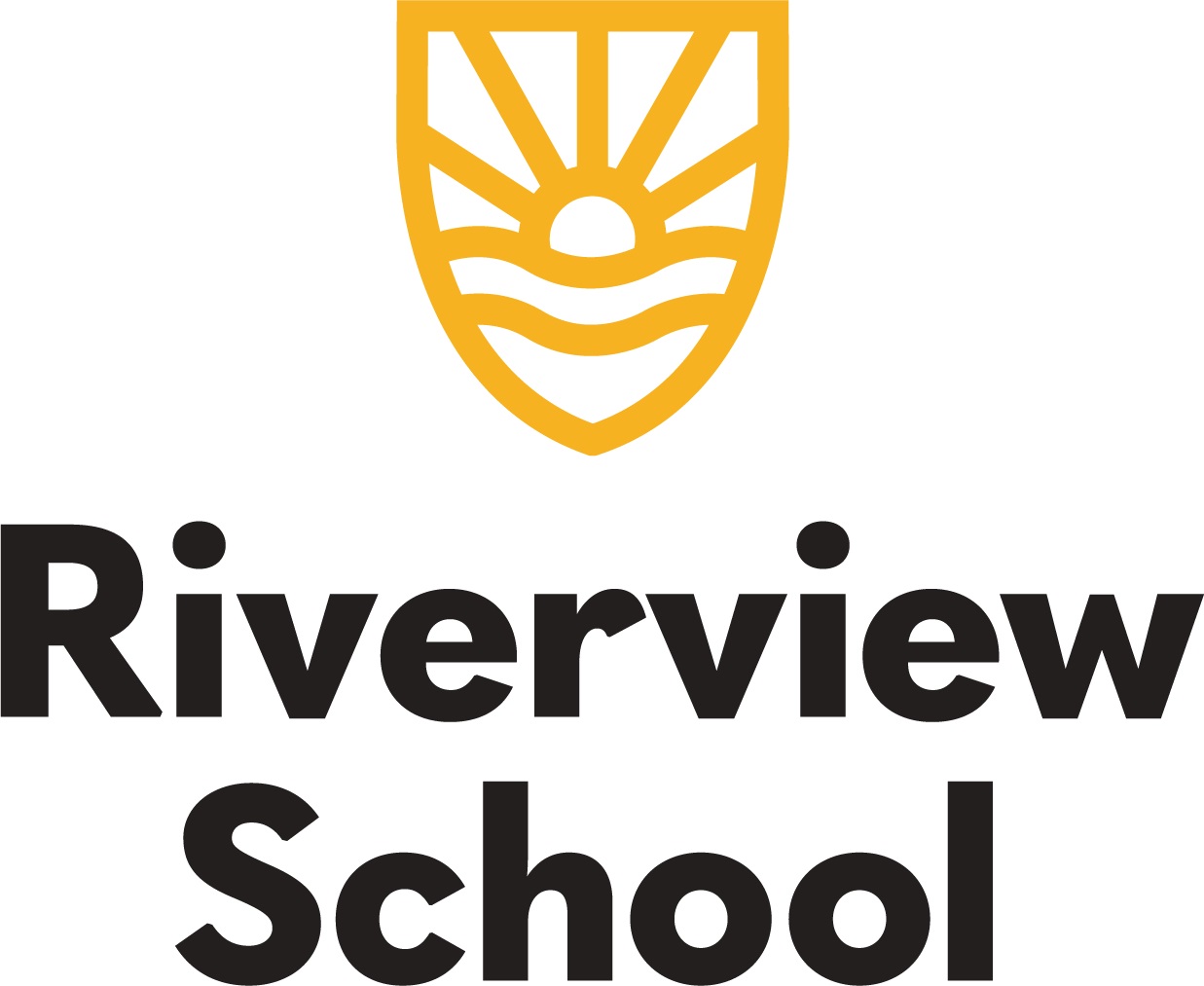Massachusetts Cultural Council Grant Program for Creative Individuals
Benefits Counseling FAQ’s
Download FAQ pdf
What is a benefits counselor?
A benefits counselor has extensive training in public benefit programs including but not limited to Social Security's Supplemental Security Income (SSI) and Social Security Disability Insurance (SSDI); Medicare and Medicaid (called MassHealth in Massachusetts); local, state, and federal subsidized housing; Supplemental Nutrition Assistance Program (SNAP), formerly known as Food Stamps; and Transitional Aid to Families with Dependent Children (TAFDC).
Work Without Limits benefits counselors have been trained and certified by Virginia Commonwealth University in conjunction with the U.S. Social Security Administration (SSA). Our job is to provide high quality counseling regarding the impact of income, earned or unearned, on an individual’s public benefits. The benefits counselors who are working with the Mass Cultural Council have over thirty years of combined experience and work for ForHealth Consulting at UMass Chan Medical School. The Mass Cultural Council has contracted with UMass Chan to provide benefits counseling services for artists who have applied for or who have been selected to receive a grant and have questions or concerns about how this income and any other income they may have could potentially affect their public benefits.
Do I have to fill out the Referral Packet to get services? Why is it helpful?
Prior to meeting with one of our counselors, it would be extremely helpful if you complete our Referral Packet the best you can. The reason we ask you to do so is that it helps us collect basic information about your income, public benefits, employment status, and living situation. It also grants us permission to formally verify your benefits, if applicable. Gathering this information and verifying your benefits enables our benefits counselors to provide you with the most accurate information possible regarding how the Mass Cultural Council grant may impact your benefits. For more information about the Referral Packet, please review the questions towards the end of this fact sheet or download the Referral Packet.
If needed, is there someone that can help me fill out the Referral Packet?
If you need help filling out the Referral Packet, you can contact us. See the contact information at the bottom of this page. Our intake coordinator will be more than happy to assist you. Please note that instructions on how to complete the Referral Packet along with our contact information are both available on page 1 of the Referral Packet.
Do I need to wait for grant announcements to get services?
No, you don’t have to wait. If you applied for the Massachusetts Cultural Council grant and have questions or concerns about how this income will impact your public benefits, you can contact us. See the contact information at the bottom of this page.
How can I get a benefits counseling meeting scheduled?
To schedule a meeting with one of our counselors, you can either wait for our intake coordinator to contact you after grant announcements are made or you can contact us at any time. See the contact information at the bottom of this page. Once scheduled, we will send you a meeting invitation via email, which will give you all the information you need to access and participate in the meeting successfully. If you feel it would be helpful to have someone from your support circle join the meeting, please let the intake coordinator know, so they can include them in the meeting invite as well.
What if I need a reasonable accommodation, such as a Sign Language Interpreter?
We are more than happy to arrange accommodations for you. Please contact us and let us know exactly what you need. See the contact information at the bottom of this page. There is also a section on the Referral Packet for you to request a reasonable accommodation.
What should I do if I can’t make the meeting?
We understand that plans change, and unexpected events arise. If you need to cancel the meeting, please notify the intake coordinator as soon as possible, so they can help reschedule the meeting. See the contact information at the bottom of this page.
What should I expect to happen on the day of my meeting?
On the day of the meeting, you should receive a friendly email reminder an hour before the scheduled time of your meeting. The benefits counselor will contact you at the scheduled time over the phone or via Zoom where you can have the chance to see and speak with the counselor. How you meet with your counselor will be based on what you prefer. During the meeting, the counselor will review the information you provided in the Referral Packet, along with any benefits we formally verified for you, if any, update any information as needed, discuss your concerns about how the grant may impact your public benefits, and, if applicable, inform you of any special programs that may help your income and public benefit situation.
Will I receive written information regarding how this grant will affect my benefits?
Yes. Shortly after your meeting with a benefits counselor, you will receive a summary of the discussion along with relevant materials. If applicable, you will also receive a copy of any formally verified benefits for your records.
If I have further questions about my benefits, can I meet with a benefits counselor again?
Yes. After meeting with your benefits counselor, if you have further questions about how the grant from Mass Cultural Council will affect your benefits, please contact your benefits counselor directly or contact us at toll-free 877-937-9675 (option 1) or email workwithoutlimits_benefitscounseling@umassmed.edu.
Will you report to any public benefit agency that I am getting this grant?
No, we do not share your information with any public benefit agency. Our responsibility is to assist you. We are not mandated reporters, so anything you share with us is strictly confidential.
How will you protect my personal information?
All information gathered by us for this project is kept in a secure folder on a UMass Chan Medical School server. Only those who need access to your information, such as our benefits counselors, have access to this folder. Additionally, any personal information we send electronically (email or fax) is done so through a secure and encrypted system. Lastly, our benefits counselors undergo a Tier 2 Suitability Clearance from the federal government so you can be assured we will hold your information in strictest confidence.
On page 3 of the Referral Packet, what is the Consent for Release of Information form? How does it help?
If you receive Social Security disability benefits, such as SSI and/or SSDI, we recommend verifying your benefits. To get your benefits verified, you will need to complete, sign, and submit the form found on page 3 of the Referral Packet. By doing this, you are giving us permission to contact and request your Benefits Planning Query (BPQY) from your local Social Security office. The BPQY is an official Social Security report that verifies information, such as the benefits you receive, how much you receive each month, and when you started receiving them. The BPQY is an essential tool for our counselors to provide you with the most accurate information, resources, and guidance possible about your Social Security benefits. Please note that when we contact your local Social Security office to request your BPQY, we do not tell them why we are requesting it or anything else about your personal situation, including the Mass Cultural Council grant.
On page 4 of the Referral Packet, what is the Massachusetts SSI State Supplement Program (SSP) Request for Access to SSP Recipient Record and Information form? How does it help?
If you receive SSI monthly cash benefits, you most likely receive two payments - a larger one and a smaller one. The smaller payment is typically paid through the Massachusetts State Supplement Program (SSP). The amount you receive for your SSP payment is based on your living situation. By filling out the form on page 4 of the Referral Packet, we will be able to get a letter from the state verifying the amount you receive in SSP. This will allow us to verify that you are receiving the correct SSP amount to which you are entitled.
I don’t get SSI or SSDI benefits; do I need to fill out pages 3 or 4 of the Referral Packet?
No, you will only have to fill out page 2, which captures basic information about your income, public benefits, employment status, and living situation.
Contact Information:
